
We will be right with you.

We will be right with you.
Webinar | Profits with a Purpose
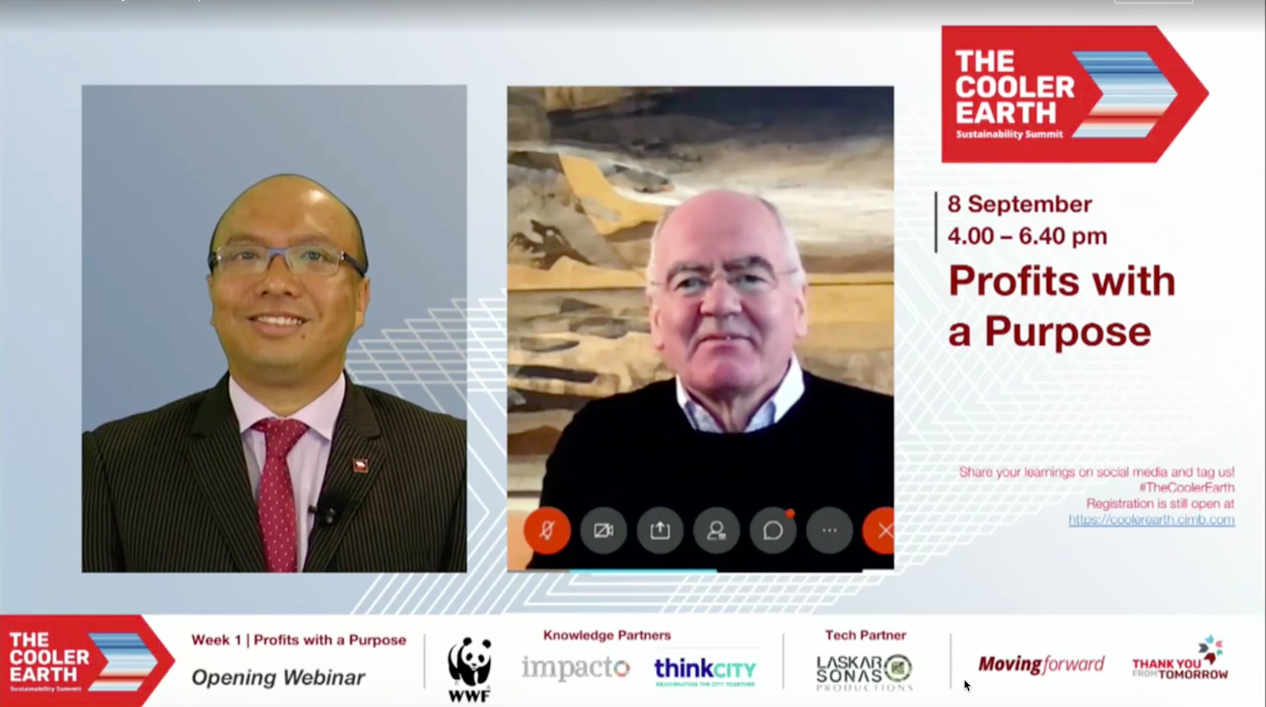
Masterclass | Environmental Reporting & TCFD for reduction of GHG Emissions
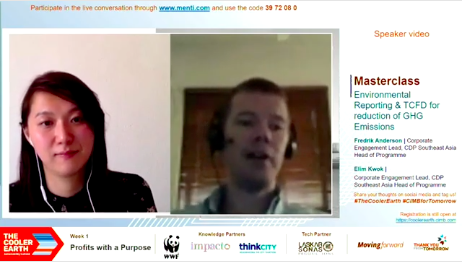
Talk | Sustainability Careers: Building a Sustainable World
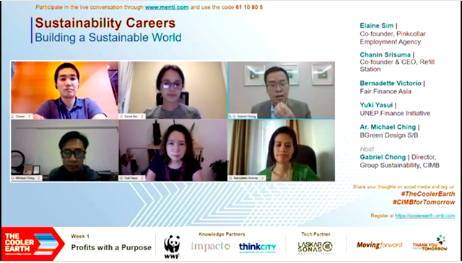
Webinar | Resilient Cities and Communities
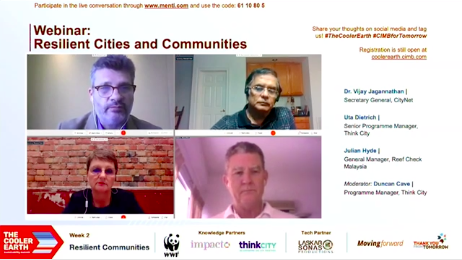
Sea Monkey Upcycled Tote Bag Handicraft Workshop
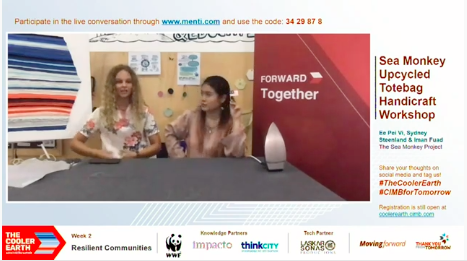
Masterclass | Integrating SDGs into Corporate Reporting
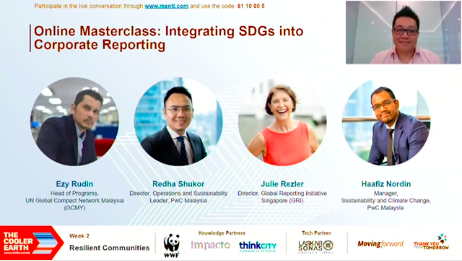
Webinar | Regulation and Board Intervention
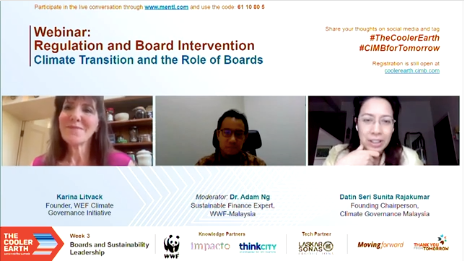
Masterclass | TCFD Recommendations for Forest-risk Sectors
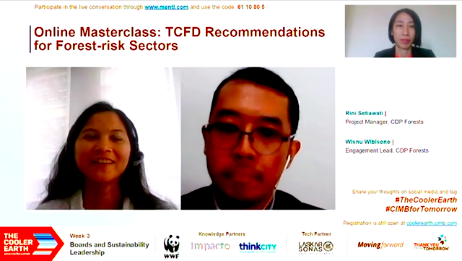
Talk | Sustainability Careers: Managing Change for Sustainability
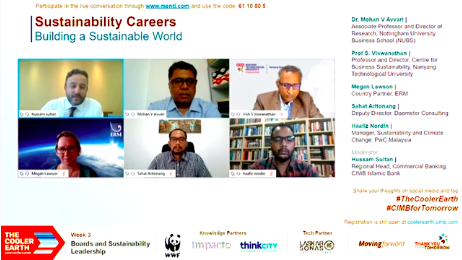
Webinar | Building on the Past for the Future

Webinar | Building on the Past for the Future
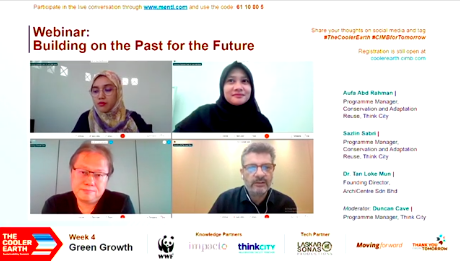
Webinar | Business and the Environment
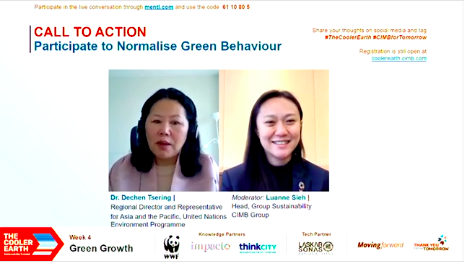
Masterclass | Environmental Risk Management
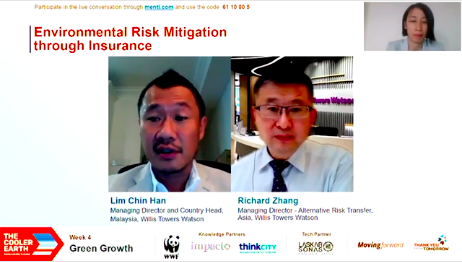
Green Living by CIMB: Dr. Tan Loke Mun

Webinar | Business and Climate Consciousness

Webinar | Business and Climate Consciousness
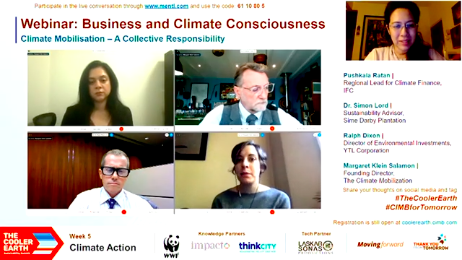
Webinar | Urban Financing

Webinar | Mission Impossible? Taking Action on Climate Change
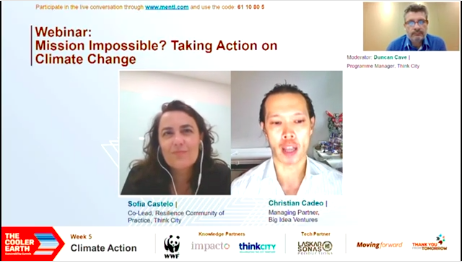
Talk | Sustainability Careers: Operationalising Sustainability
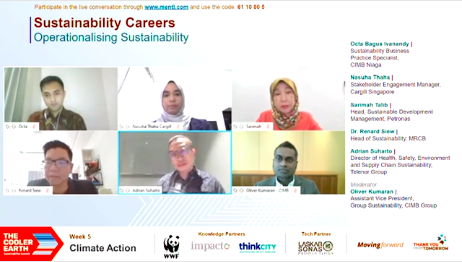
Masterclass | Understanding the Financial Impacts of Climate Change
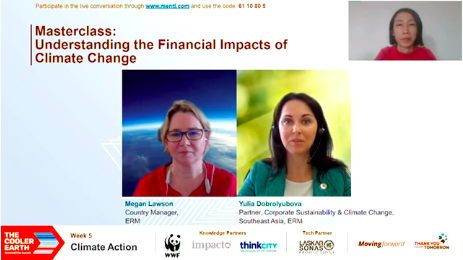
Webinar | Developing Impactful Green Finance Products, The Indonesia Experience

Webinar | Urban Financing

Webinar | ESG Financing for Business

Webinar | Developing Impactful Green Finance Products, The Indonesia Experience
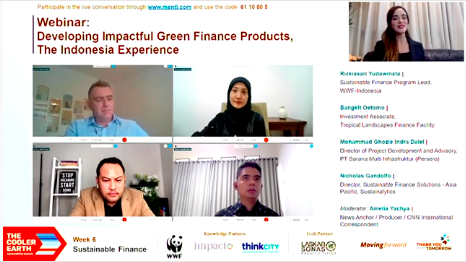
Webinar | Urban Financing
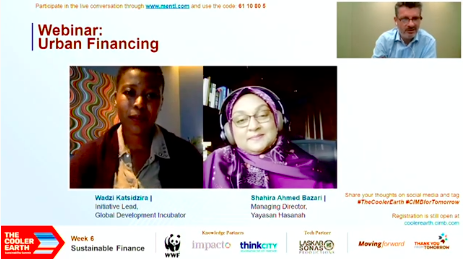
Webinar | ESG Financing for Business
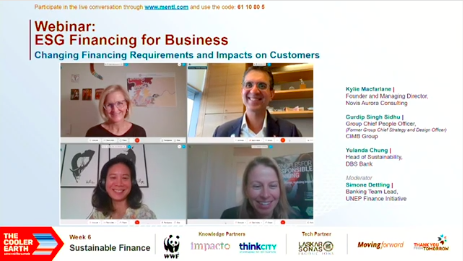
Webinar | Sustainable Supply Chain: Buyer and Consumer Expectations, The Indonesia Experience
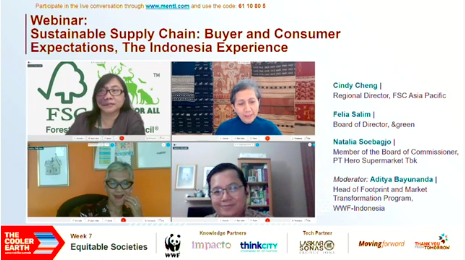
Webinar | Business and Society
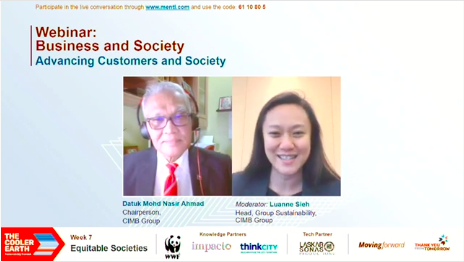
Masterclass | Rethinking Responsibility in Our Supply Chain
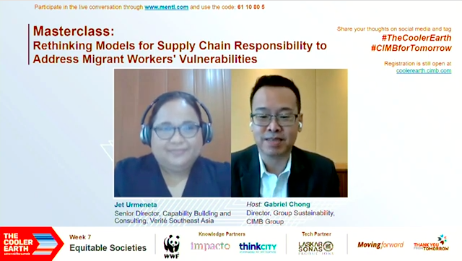
Webinar | Creating a Sustainable Business Model that Works
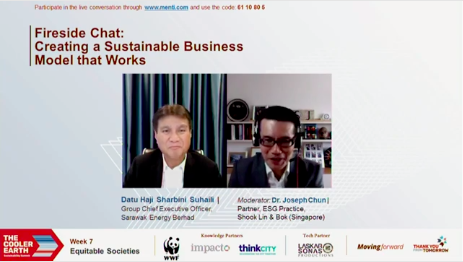
Webinar | Beyond Second Chances - A Sharing by the Yellow Ribbon Project
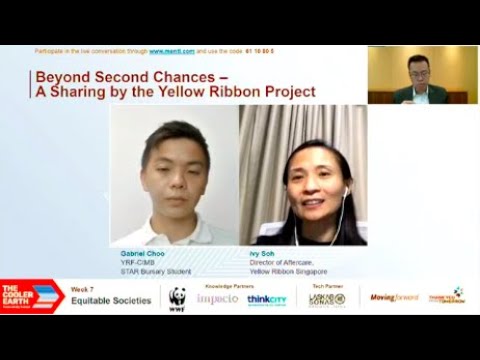
Webinar | Advocating Circular Economy Towards Reducing Waste
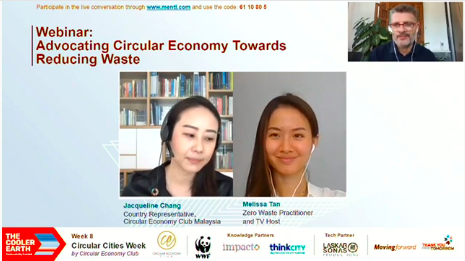
Webinar | Opportunities for Circular Economy Post COVID-19 in the Philippines, by CEC Manila
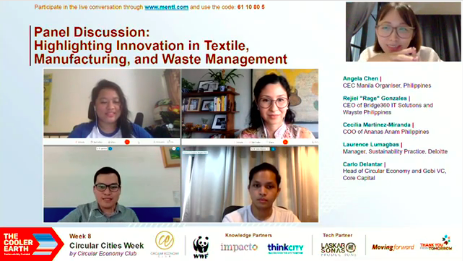
Webinar | Penang’s Circular Cities Pilot Projects – What we have done from 2020-2021 with our local and international partners? By CEC Penang
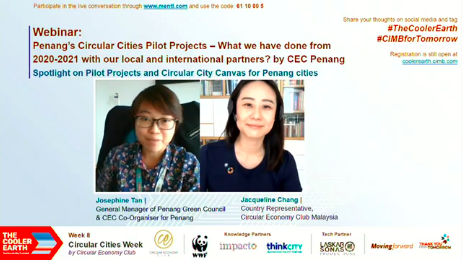
Webinar | Applying the Circular Economy Model in Food and Beverage Service Industry, by CEC Petaling Jaya
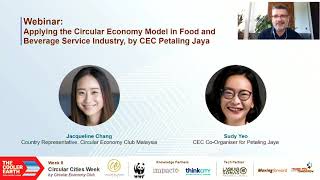
Webinar | Wonosidi: The Leading Circular Economy Village in Indonesia, by CEC Pacitan
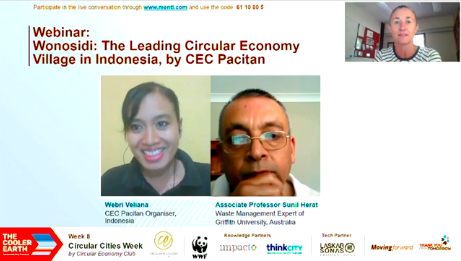
Webinar | Fostering Community – Based Systems Change in Thailand, by CEC Bangkok
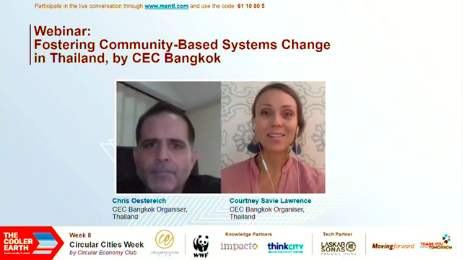
Webinar | Circular Economy Development in a Rapidly Expanding City: Penampang, Sabah, by CEC Penampang
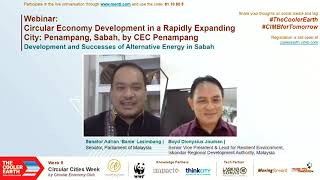
Webinar | Circular Economy Club - Singapore Part 1
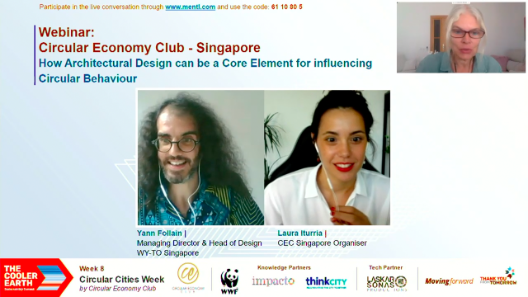
Webinar | Circular Economy Club - Singapore Part 2
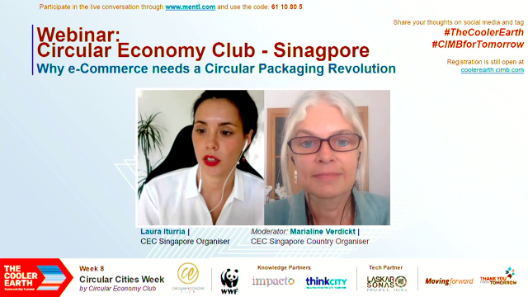
Webinar | CEC Vienna & CEC London
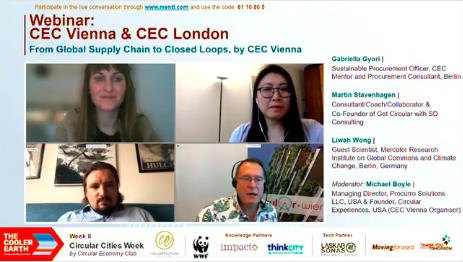
Webinar | Circular Economy Development in a Rapidly Expanding City: Penampang, Sabah, by CEC Penampang

Webinar | Circular Economy Club - Singapore Part 1

Webinar | Circular Economy Club - Singapore Part 2

Webinar | CEC Vienna & CEC London
